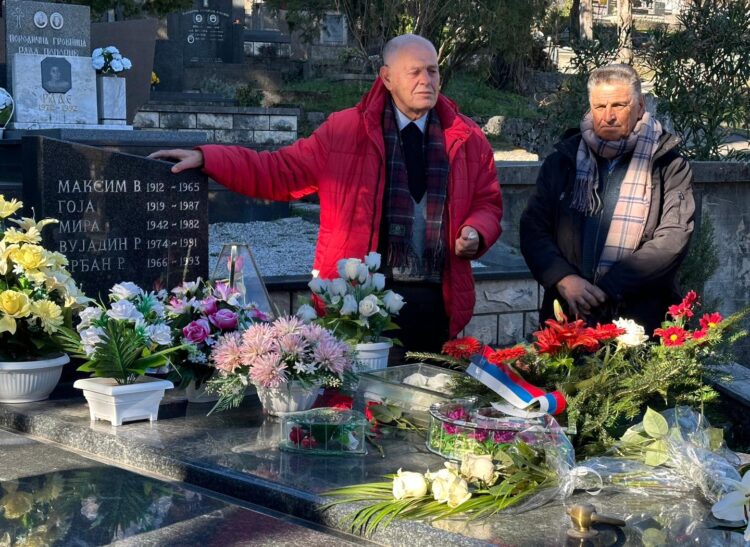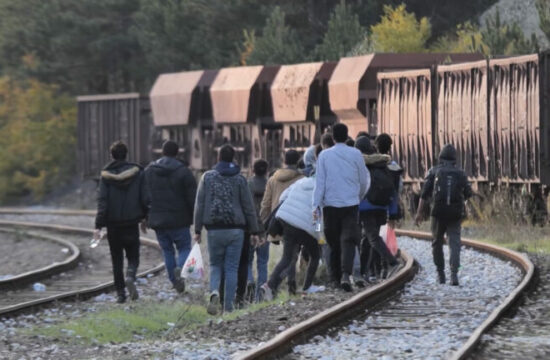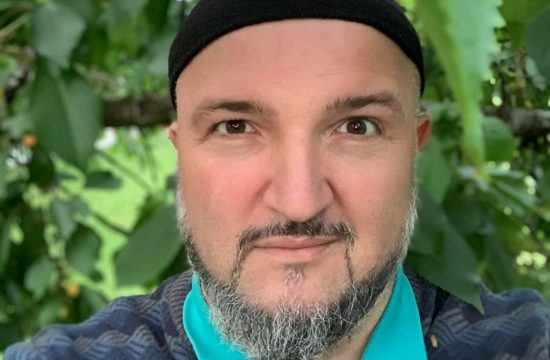
Saturday marked 31 years since the death of Srdjan Aleksic, a young Bosnian Serb man who lost his life defending his friend, a Bosniak, from Bosnian Serb soldiers. Pročitaj više
Aleksic, from the southern town of Trebinje, became a member of the Army of Republika Srpska when the war began in BiH. In January 1993, he came across a group of fellow soldiers harassing his Alen Glavovic, a Bosniak, and he tried to stop it. This made the soldiers turn against one of their own and they beat him into a coma.Aleksic died in the local hospital six days later, on January 27, 1993.
Aleksic was posthumously granted a Charter of Bosnia’s Helsinki Committee for Human Rights, a street in Sarajevo is named after him, as well as an alley in Novi Sad, Serbia.
Along with several friends and a representative of the Trebinje city administration, Srdjan's father, Rade, laid flowers on his son’s grave. He revealed that one of those who were involved in Srdjan’s death had died a month ago, Detektor reported.
“They ask me if I'm happy about it. Imagine, such a question, how far we have come! I’m not happy about it, I feel sorry for that man. I am not condemning him, I am condemning those who created such conditions that young men like Srdjan and thousands of others were dying,” said Rade Aleksic.
He called his late son “a symbol of unity, love and harmony”. In an interview with the Autonomija portal from Novi Sad, Rade Aleksic said that, although 31 years have passed since Srdjan's murder, every anniversary is difficult for him.
“As people say – the years go by. Yes… But it always feels new”, he said, adding that the message his son sent to the world is to stand against all evil, and especially against war. War is “an evil that brings poverty to the majority and wealth to individuals”, he said.
“Unfortunately, today there is a bigger wall between people because some narratives about the Ustasha, about the Chetniks, and more and more of such narratives are constantly fueled. The youth is trying to reach out, but development cut them off, politics cut them off, they don't let them meet each other,” he said.
Aleksic also said that Alen Glavovic, who now lives in Sweden, regularly visits him.





Kakvo je tvoje mišljenje o ovome?
Budi prvi koji će ostaviti komentar!